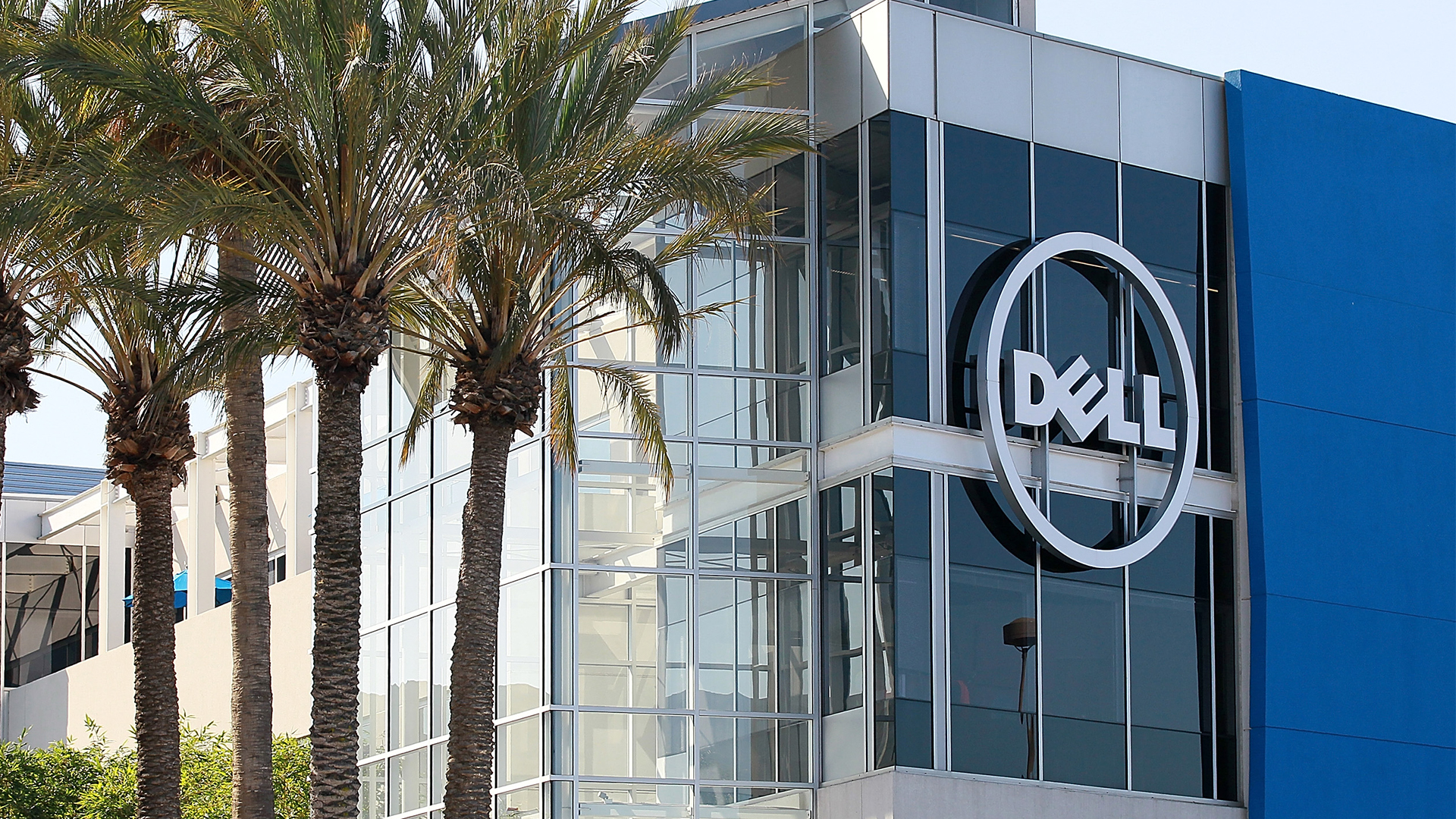Diverted profits, diverted investment?
The Government's so-called Google Tax came into effect this month. Will it deter tech firms from investing in the UK?

Inside the Enterprise: The digital economy now features regularly in Budgets and Autumn Statements.
April 1 this year was no April Fool for some technology firms. The date marked the start of a new measure aimed at firms which, politicians believe, artificially move profits overseas to cut their UK tax bills.
The Diverted Profits Tax, or DPT, levies a higher, 25 per cent charge on profits handled this way; regular corporation tax, paid on UK earnings, fell on April 1, to 20 per cent.
The UK plays a significant role in the global technology industry, and technology attracts serious amounts of inward investment.
By introducing DPT, and cutting corporation tax, the Government wants to incentivise multinational and overseas firms to pay more tax in the UK rather than moving (or "diverting") profits to countries where company taxes are lower.
The measure, which was announced in last year's Autumn Statement and confirmed in the Budget, is clearly aimed at companies such as Starbucks, Amazon, Google and Apple. These are all firms with significant presence in the UK, and in the case of Apple and Starbucks, on the high street.
Such firms pay little or no corporation tax in Britain. Google is reported to have paid 20 million tax on a turnover of 5.6 billion; Starbucks paid no corporation tax at all between 2009 and 2012, according to the BBC. Instead, the companies use complex structures, including overseas headquarters and the payments of licensing fees and royalties to operations outside the UK, to cut their tax bills here.
The companies argue that they pay other taxes: payroll taxes on employees, business rates, and their customers, VAT. The Government hopes to raise 25 million from the tax this year, either directly from the DPT, or encouraging firms to keep more of their revenues in the UK, and so pay UK taxes.
Get the ITPro daily newsletter
Sign up today and you will receive a free copy of our Future Focus 2025 report - the leading guidance on AI, cybersecurity and other IT challenges as per 700+ senior executives
For the technology industry, the new tax is more than an arcane change to tax rules. Coffee bars aside, all the biggest names being targeted for DPT are in technology. Do new taxes pose a risk that firms may decide to invest directly in countries with friendlier tax regimes?
The UK plays a significant role in the global technology industry, and technology attracts serious amounts of inward investment.
Studies of venture capital and other investment in technology regularly put the UK at the top of the list, when it comes to attracting foreign funds.
A study of VC investment in financial technology by Dow Jones VentureSource, for example, puts investment $950 million. The next largest investments, in Germany, mustered only a third of that sum. Techcrunch, the start-up industry Bible, reports that London start-ups attracted $682.5 million of VC funding in the first quarter of this year alone. The entire investment for 2010 was just a shade over $100 million.
Whether investors, and company founders, will be put off by the Diverted Profits Tax remains to be seen. Fortunately for start-ups, the Diverted Profits Tax regime only applies to companies with a turnover in the UK of more than 10 million.
If multinational technology firms are forced to keep more revenues in the UK, they may choose to invest more of it here too, and take advantage of R&D tax breaks. who knows, the technology industry as a whole may even benefit.
Stephen Pritchard is a contributing editor at IT Pro.
-
 Bigger salaries, more burnout: Is the CISO role in crisis?
Bigger salaries, more burnout: Is the CISO role in crisis?In-depth CISOs are more stressed than ever before – but why is this and what can be done?
By Kate O'Flaherty Published
-
 Cheap cyber crime kits can be bought on the dark web for less than $25
Cheap cyber crime kits can be bought on the dark web for less than $25News Research from NordVPN shows phishing kits are now widely available on the dark web and via messaging apps like Telegram, and are often selling for less than $25.
By Emma Woollacott Published
-
 Starmer bets big on AI to unlock public sector savings
Starmer bets big on AI to unlock public sector savingsNews AI adoption could be a major boon for the UK and save taxpayers billions, according to prime minister Keir Starmer.
By George Fitzmaurice Published
-
 UK government targets ‘startup’ mindset in AI funding overhaul
UK government targets ‘startup’ mindset in AI funding overhaulNews Public sector AI funding will be overhauled in the UK in a bid to simplify processes and push more projects into development.
By George Fitzmaurice Published
-
 UK government signs up Anthropic to improve public services
UK government signs up Anthropic to improve public servicesNews The UK government has signed a memorandum of understanding with Anthropic to explore how the company's Claude AI assistant could be used to improve access to public services.
By Emma Woollacott Published
-
 The UK’s AI ambitions face one major hurdle – finding enough home-grown talent
The UK’s AI ambitions face one major hurdle – finding enough home-grown talentNews Research shows UK enterprises are struggling to fill AI roles, raising concerns over the country's ability to meet expectations in the global AI race.
By Emma Woollacott Published
-
 US government urged to overhaul outdated technology
US government urged to overhaul outdated technologyNews A review from the US Government Accountability Office (GAO) has found legacy technology and outdated IT systems are negatively impacting efficiency.
By George Fitzmaurice Published
-
 Government urged to improve tech procurement practices
Government urged to improve tech procurement practicesNews The National Audit Office highlighted wasted money and a lack of progress on major digital transformation programmes
By Emma Woollacott Published
-
 Government says new data bill will free up millions of hours of public sector time
Government says new data bill will free up millions of hours of public sector timeNews The UK government is proposing new data laws it says could free up millions of hours of police and NHS time every year and boost the UK economy by £10 billion.
By Emma Woollacott Published
-
 Predicts 2024: Sustainability reshapes IT sourcing and procurement
Predicts 2024: Sustainability reshapes IT sourcing and procurementwhitepaper Take the following actions to realize environmental sustainability
By ITPro Published